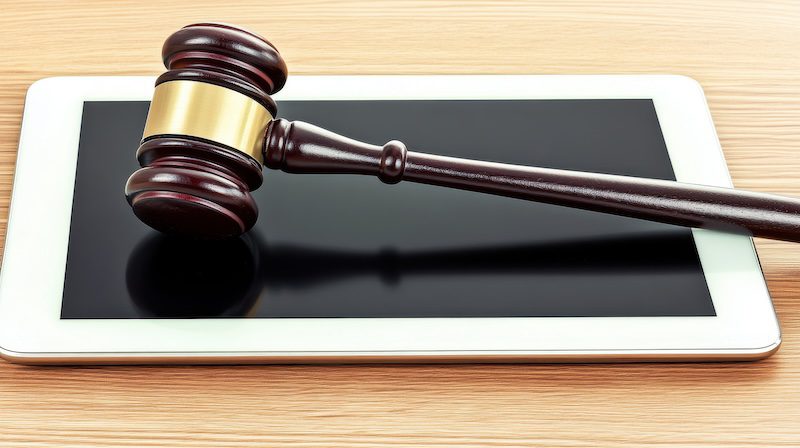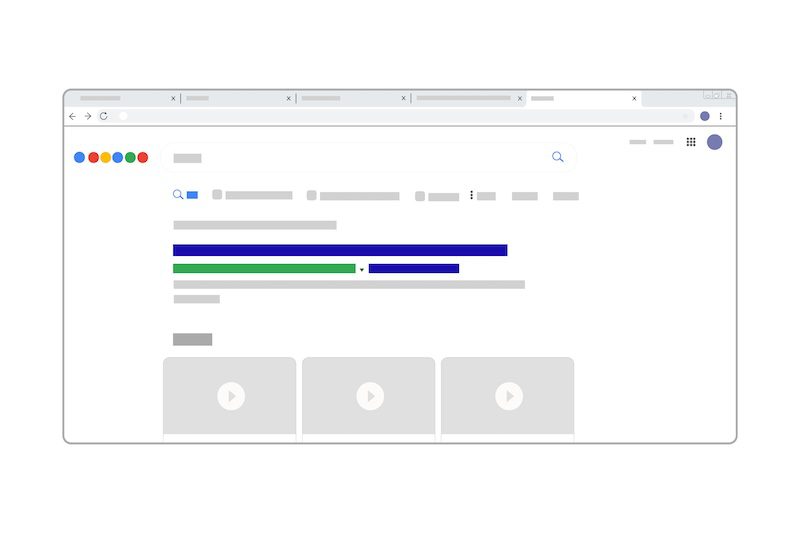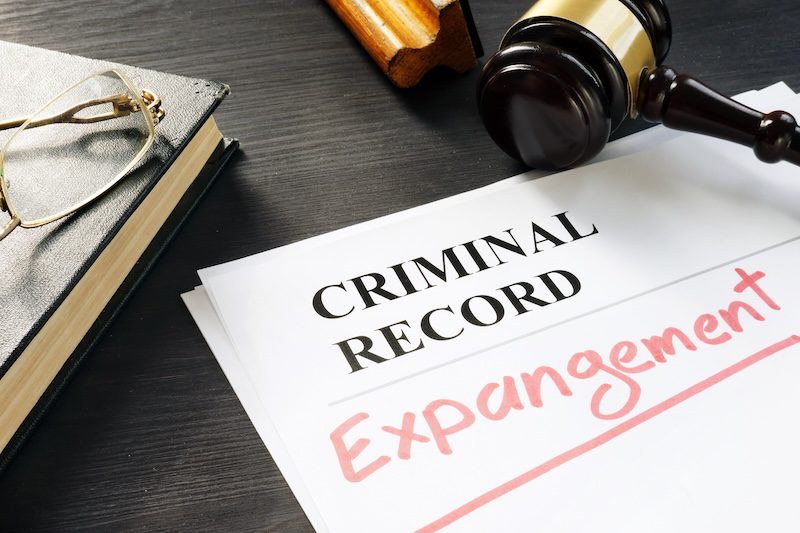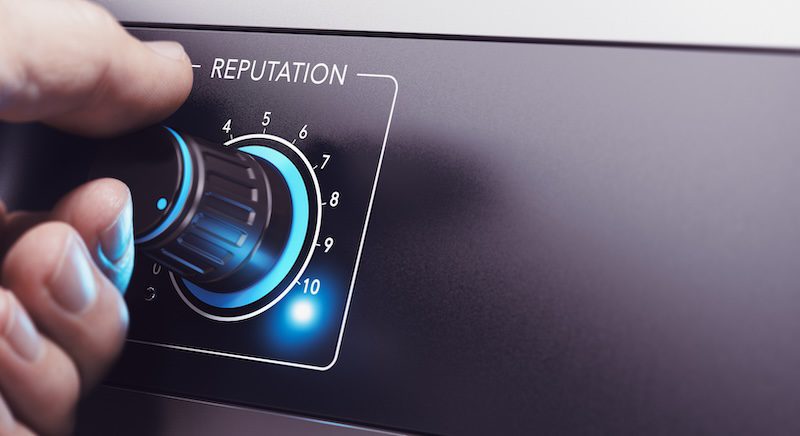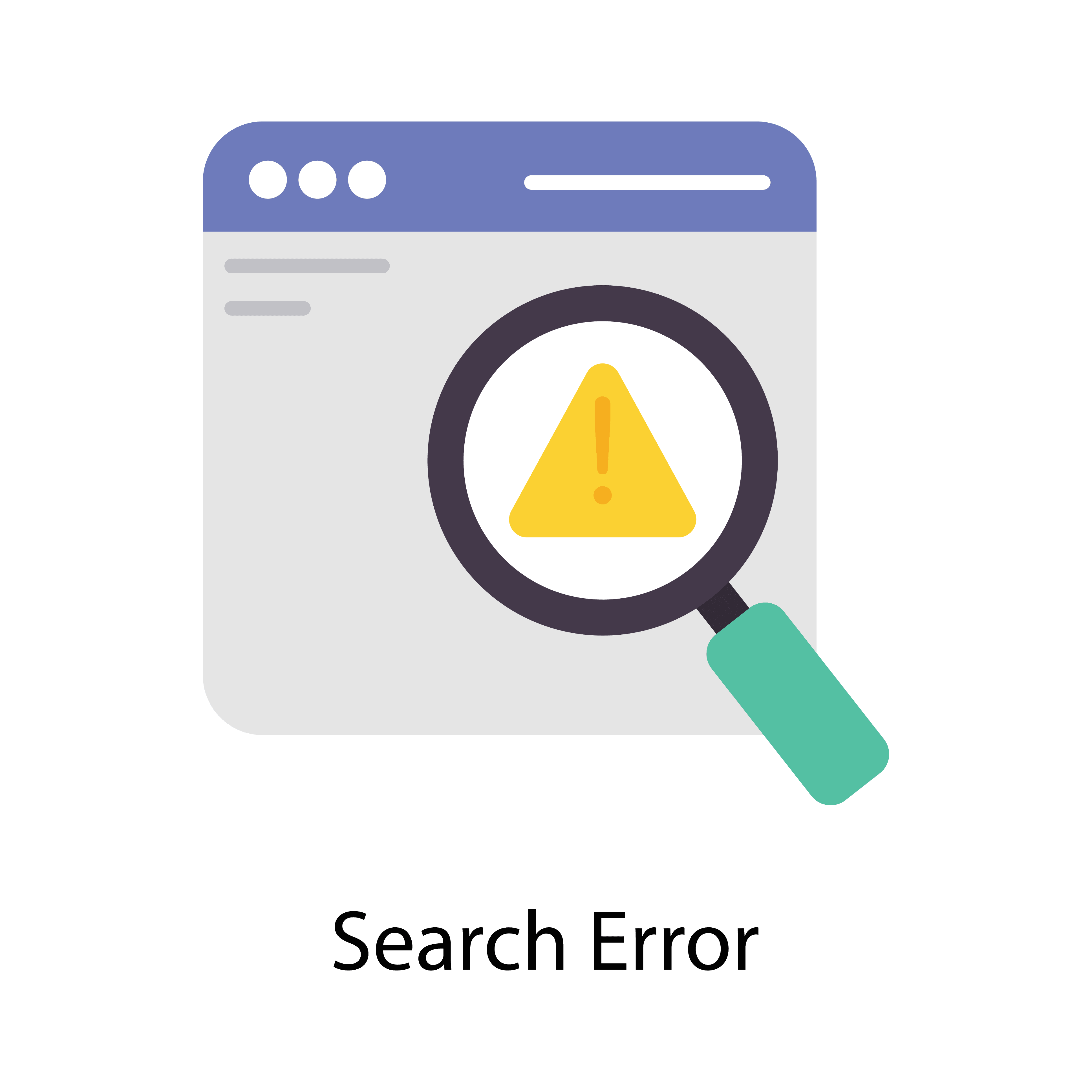How To Remove a Court Case From Public Record
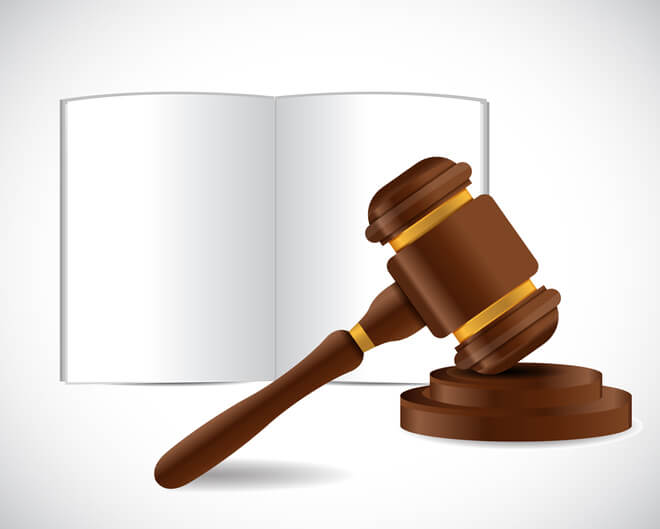
Need to know how to remove a court case from public record? This guide explains your options.
Everyone makes mistakes. But imagine if your biggest mistake was the first result on Google when someone searched your name. We bet you’d start researching how to remove court cases from the internet and repair your reputation pretty fast.
In a day and age when your career, dating prospects, creditworthiness, and reputation score can all be destroyed by your online reputation, you must protect your privacy. Your internet footprint can be devastating, so opting out of personal information aggregating websites like Whitepages and MyLife should be on your to-do list.
The last thing you want is a petty juvenile offense or case where the charges were dropped haunting you forever. For example, you may be dealing with an ancient mistake, like a DUI from your college days.
If you are experiencing a sudden influx of negative results online, there are several ways to deal with it.
One option is to have the record sealed or expunged, if you’re eligible. The judge will make a decision about your eligibility depending on several factors, such as:
- The severity of the crime
- The type of record (civil or criminal)
- If the public is entitled to know the contents of the record (sex offenders, etc.)
- How old the record is
If the records you are trying to expunge are 30 years old and for a minor offense, let’s say, it’s much more likely that you’ll have your request granted than if you were arrested and charged a few weeks ago.
If sealing or expungement is not an option, consider developing a reputation management strategy. We can help you create a positive online reputation, even if you’re starting from zero or rebounding from reputational damage. Call us at 941-259-4554 for more information.
What Is a Court Record?
A court record is any official court case or legal system record, including evidence, witness statements, transcripts of trials, and other documents collected during legal actions. Typically, the county Clerk of Courts collects and maintains a court record.
Types of Court Records
- Appeals and Supreme Court Decisions: High-ranking court rulings on cases
- Bankruptcy Records: Any cases filed under bankruptcy laws
- Civil Case Records: Custody battled, disputes, divorce cases, small claims, and similar lawsuits
- Criminal Records: Criminal case information related to arrests, charges, convictions, parole, probation, sentencing, and trials
- Family Court Records: Cases regarding adoption, alimony, child custody and divorce
- Probate Records: Estates, guardianship cases, and wills
- Traffic Court Records: Information about DUIs, speeding tickets and other traffic violations
Why Should I Remove Online Court Records?
Even though it feels like an infringement of your privacy, you do not own any information in your public records.
Many federal laws, including the First Amendment and the Freedom of Information Act, support making court records public information. On top of those precedents, individual state laws about public records exist.
However, there are exceptions to the law. You must prove that your right to privacy outweighs the public’s right and/or need to access your records.
However, if you are currently listed as a sex offender, your request to delete public court records will be denied in the interest of public safety. Likewise, if you were arrested for murder or grand larceny, it will be difficult to have your public records removed.
In these cases, the public’s right to know outweighs your right to privacy.
Our clients come to us when they need to remove or suppress online court records, including criminal records and expunged records that are still showing up in Google search results. Call us at 941-259-4554 to learn more.
Why Is Old Information Showing at the Top of Google?
Many people who experience this problem have the same question: “There’s plenty of other information about me; why do court records rank so highly on Google?”
This happens for a variety of reasons, all of which are tied to Google’s algorithms. Google’s No. 1 goal is to deliver the information you’re searching for in as few clicks as possible. To make sure users get the right information fast, they take into account information like the following:
Domain Authority
Every website has a certain level of authority or consumer trust on Google. It’s exactly like citing sources back in school.
Sites like CNN, Hubspot, and Forbes are “primary” sources because they are trusted, whereas a random, unheard-of website is barely a blip on the radar.
Court cases and public court records rank so highly because the third-party sites they’re listed on have high domain authority, such as:
- Radris.com
- Justia.com
- Docketbird.com
- Pacermonitor.com
- Open-public-records.com
- Courtlistener.com
These are just a few third-party sites that collect public court records from courts, government offices, law enforcement agencies, and other legal professionals for the public to browse. When you research how to remove public court documents and open public records online, remember that you’ll need to address each site individually.
Traffic
Clicks are a top ranking factor on Google. If people consistently click on a link, it increases rankings. This is because more traffic indicates higher relevancy.
Unfortunately, people are much more likely to click on a court record result in Google search results than a LinkedIn profile. Public records, especially those related to a crime, are more interesting than a basic overview of a person’s work history.
External Links
Are you noticing that press releases and other blog sites appear underneath court record results? This could be the result of backlinking.
As mentioned above, domain authority is a primary source, and backlinks tend to cite those highly regarded sources. When sites write articles and link back to a public record, it gives them more credibility. It also proves that the court record is a useful document. This results in a feedback loop.
If enough people link to a court record, it gives their article authority while verifying the legitimatacy of the court document.
What Are My Options To Remove Court Records?
Now that you understand why negative results are showing up when people search for your name, it’s time to learn how to fix it. There are two methods you can choose from to remove court records and other public records from internet searches. Which one works best for you will depend on your specific circumstances.
Option One: Complete Removal
This is the ideal scenario and what you should shoot for if it’s at all possible. To have your court records completely removed from the internet, you will have to file a motion to expunge or seal your court records.
After you file, a judge will decide whether or not to grant your request. The exact steps vary by state, but, generally speaking, there are two types of cases that can be expunged:
Civil Court Records
Civil court records include:
- Trade secrets
- Patents
- Settlement agreements
- Divorce decrees
- Medical records
If you are eligible, a judge is much more likely to seal civil records on request than criminal records because it’s much easier for attorneys to prove that your right to privacy outweighs the public right to know.
Criminal Court Records
Criminal court records include:
- Arrest records
- Mugshots
- Penal code violations
- Trial transcripts
- Case numbers
Unless the criminal case is very old, minor, or occurred when you were a minor, it probably won’t be expunged. If you can prove that it is dangerous to your personal safety or materially damaging to your career, that may help.
For instance, if you committed a crime under duress, and the abusive party can find you through public records, this endangers you and your family.
Another example would be if you were caught in possession of marijuana at age 19. You were arrested and tried as an adult but caused no harm to anyone, and now you’re an upstanding citizen.
In most cases, if you want to work in the banking or medical field, a criminal case could keep you from getting a job.
How To Improve Your Chances of Having Court Records Removed
You can improve your chances of having your records expunged or sealed if you limit your request. For instance, ask the judge to seal certain documents or sections instead of the whole record.
For example, maybe you want an employment case to be sealed because it’s scaring off potential employers.
You may also be able to have all documents about your medical conditions or records sealed because that’s considered protected private information.
If your court records are successfully sealed or expunged, they will be automatically removed from some third-party sites — but not all. You will likely still have to petition the sites one by one to have your information removed.
If they do not remove the records despite a valid court order, speak to an attorney.
And remember, removing court records from these sites does not guarantee their complete removal from the internet. Especially if your court case was highly publicized, the information can still be available on social media or in news reports.
InternetReputation.com provides the information and services you need to suppress court records online and protect your digital presence. Get started with a free online reputation analysis by calling 941-259-4554 today.
Option Two: Online Reputation Management
If the judge denies your request to seal or expunge your records from web pages and search engines, the next best option is search engine suppression.
Taking what we went over earlier about how the Google algorithm works, in order to suppress court records, you essentially reverse the process. By regularly creating your own optimized positive content, you can get it to rank highly on Google and push down negative content. Like with getting anything to rank on Google, use keywords, backlinks, and other SEO methods to encourage traffic and clicks.
Less than 10% of people go to the second page of Google, so to succeed, you must move the records down to 11th place at the very least.
Over time, with enough content and consistent online posting, you should be able to bury past negative results with positive ones. When you can’t have your court records removed from public access, this is the next best option.
FAQ About Removing Court Cases From the Public Record
How can I find court cases on the internet?
To find court cases on the internet, go to Google or a legal database and search for the case by name or citation.
How do I remove a court case from the internet?
It can be extremely difficult to remove a court case from the internet. Your first step should be to have the information removed from the original website or sites that published it. It’s best to have an ORM company or content removal expert do this for you.
How long does it take for a case to be removed from a website?
It depends on the website. Some websites remove cases quickly, while others take a long time.
What are the consequences of removing a case from a website?
The consequences of removing a case from a website depend on the website’s terms of service. If the case is removed from the website, the most common result is it may no longer be accessible to other users or the public.
How do I remove a case from the court system?
If the case is civil, you can file a motion to dismiss. You can file a motion to quash or suppress evidence if the case is criminal.
What happens if I remove a court case from my credit report?
If you remove the court case, your credit score may go up. This can improve your credit history. It is important to note that removing a court case from your credit report will not erase the debt associated with that case.
What are the benefits of removing a court case from the internet?
There are several benefits of removing a court case from the internet. It can save the parties involved time and money. It can help to preserve relationships between the parties involved. And it can help improve court system’s efficiency.
Online Reputation Management Firms Can Help Get Your Court Records Removed
Don’t you have the time, inclination, or tech know-how to start an SEO campaign? You can always seek professional help from online reputation management firms that specialize in reshaping Google search results.
At InternetReputation.com, we provide online reputation management information to individuals and businesses who want to create, grow or repair their digital presence. Whether you’re prioritizing your personal or professional online reputation, our advice, services and team of experts can help.
Contact us today or call 941-259-4554 to learn how to quickly remove court cases from the internet and protect your online reputation! For more information about our services, visit us here.

